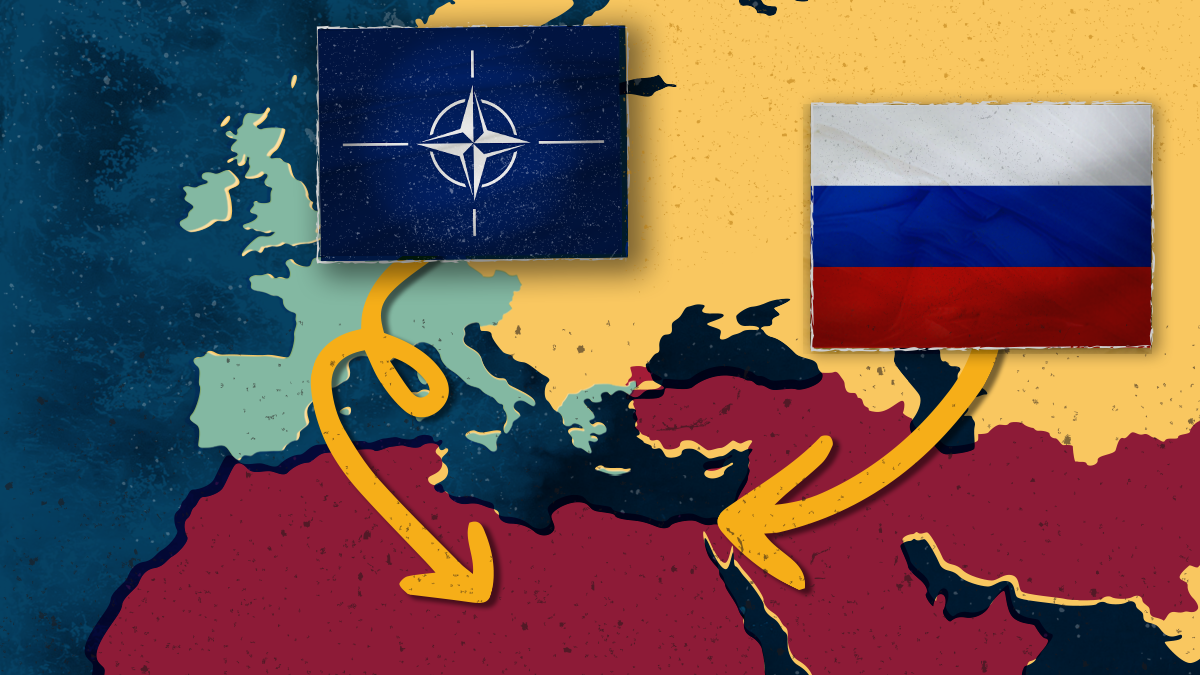As NATO leaders gather this week in Madrid for their first summit since the war in Ukraine began, they will talk mainly about the immediate bogeyman, Russia, and the long-term strategic rival, China. Meanwhile, host Spain is seizing the opportunity to get the alliance to pay at least some attention to Africa and parts of the Middle East, where Russia and jihadists are stirring up trouble that could impact Mediterranean countries.
Wait, doesn’t NATO have enough on its plate? Certainly, but Spain and Italy — and to a lesser extent France and the UK — have long warned that political instability in the Sahel and elsewhere has ripple effects across Europe in the form of jihadism that triggers massive waves of African migration.
The Spanish have a clear interest in all of this. Days before the summit, 23 migrants died while trying to jump the border fence to enter Melilla, one of Spain’s two enclaves in Morocco. Although in the past the Moroccans have weaponized migration as leverage over the Spanish, the two sides have been chummier lately since Madrid acknowledged Rabat’s sovereignty over Western Sahara earlier this year.
This time, though, the Moroccan border guards didn't stand down. They were overwhelmed.
Spain claims that the unprecedented wave of migrants has a lot to do with the pandemic-induced economic and food crises aggravated by the war in Ukraine, which has, for instance, led to a recent surge in migrant arrivals to Spain’s Canary Islands.
Dario Cristiani, a senior fellow with the German Marshall Fund and the Rome-based Istituto Affari Internazionali, doesn’t buy Madrid’s argument.
The war in eastern Europe, he says, "will not unleash a new, bigger wave; there will be always waves of migration from Africa" due to massive population growth, water scarcity, and climate change, so migrants will still want to flee the continent "no matter what happens in Ukraine."
Spain and Italy also worry about Russia’s growing mercenary activity in Africa, especially in fragile countries like Libya and Mali.
Madrid and Rome fear that — emboldened by their success in Syria — Vladimir Putin might use mercs employed by the shadowy Wagner Group to perpetuate instability and unleash another migrant crisis on Europe as payback for sanctions — similar to what his pal Alexander Lukashenko did with the EU late last year.
NATO should definitely keep an eye on what the Russians are up to in Africa, says Marc Pierini, a former EU diplomat and visiting scholar at Carnegie Europe.
Wagner’s soldiers of fortune, he explains, have become "very visible" in Libya, where they now enjoy de-facto control of the Jufra air base near Sirte. If the Russian military someday decides to take over from the mercs and deploy ballistic missiles there, Pierini notes that "the defense of Europe would be in a totally new situation."
So, what does Spain actually want from NATO? Officially, Madrid is asking for stuff like more intelligence-sharing and better policing of “hybrid threats” related to migration.
(Although they probably won’t say it out loud, especially as summit hosts, what the Spanish would really like is for NATO to revise its charter to place the enclaves in Morroco under Article 5 protection, so Rabat will back off.)
The thing is, its southern flank has never been a priority for NATO, according to Cristiani.
Spain and Italy, he adds, might better pitch the alliance by arguing that the Russian merc presence in Mali, Libya, or Syria is all "part of the same arc of crisis" as Putin's war in Ukraine. But they should do so carefully — unlike what he called Spain's “shoddy” attempt to blame Russia for a recent spat with Algeria.
Finally, if NATO is too busy, who should step in to help out with migration to the EU? Perhaps Brussels.
"Just as the EU pays Turkey to do this with Syrian refugees that want to cross into Europe, the EU — and not Spain alone — should pay Morocco to do this," says Mark Katz, professor of politics and government at George Mason University. "In other words, the problem Spain faces with refugees from Africa should not just be considered a NATO issue, but an EU one as well."
